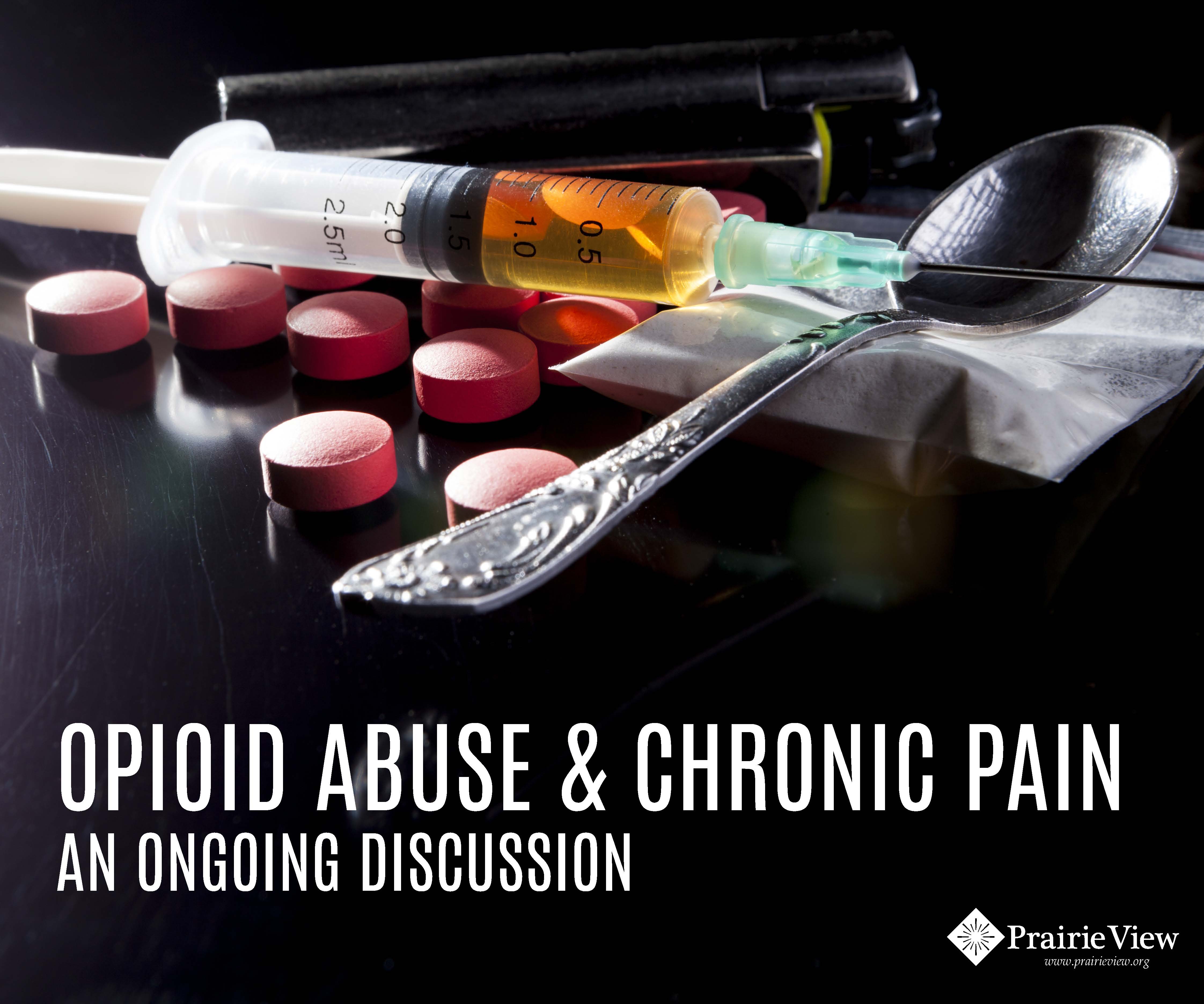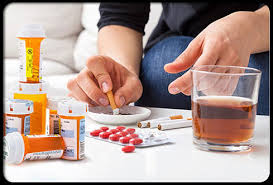Cancer affects emotional health in many ways

Cancer affects emotional health in many ways.
Cancer affects emotional health in many ways: Depression and cancer
It is never fun to be told that you are suffering from cancer. When such news is broken to the patients, devastation, pain and anguish sets in not just to the patient but even to the relatives and loved ones. For sure most patients, families, and caregivers expresses some degree of depression, anxiety, and fear when cancer becomes part of their lives. These feelings are normal responses to this life-changing experience. We want to settle into the discussion of how cancer affects your emotional health and what you can do to help. We will be guided by the help of doctor Dalal Akoury who is also the founder of AWAREmed Health and Wellness Resource Center where a lot of cancer preventive treatment are done. You can also be part of the many experiencing life transformation with the professionalism approach doctor Akoury is applying in the treatment of her clients.
Like I have just mention cancer is life threatening and people struggling with cancer will have the feelings expressed above which can be caused by many things, including changes in their families’ roles and even assignment at their work stations. A cancer patient is likely to feel the loss of control over life events, and bear the burden of dealing with changes in their body image. They might feel grief at the losses and changes in their lives that cancer brings. There may be fear of the eventualities like death, suffering, pain, or all the unknown elements that lie ahead. This may not be limited to the patients only but even the family members and caregivers may have these feelings too. It is possible that they will be afraid of losing their loved one. Anger of knowing that cancer is affecting their loved ones will be another concern especially with the knowledge that cancer is genetically inherited. This will in many ways cause both the patient and their loved ones frustration and stress that they are either not doing enough to help or that they have to do more at home.
In all these, it’s important to remember that people with cancer, as well as their friends and family, can feel distress about these things at any time after a cancer diagnosis, even many years after the cancer is treated. And as the cancer situation changes, they all must cope with new stressors along with the old, and their feelings often change, too. For instance, people dealing with cancer that’s spread and is making the person feel worse may have more emotional distress than those dealing with early-stage cancers.
People who have physical symptoms such as pain, nausea, or extreme tiredness (fatigue) also seem more likely to have emotional distress. Most of the time, physical symptoms can be controlled with medicines but it could take more than one try to find the right drug or combination of drugs. Doctor Akoury emphasizes that because of this, patient must keep consulting closely with their doctors and with their cancer team. This way they can help with these kinds of symptoms before you feel overwhelmed.
Take note that this link is tailored to equip you with health information that can help your families, friends, and caregivers to know what feelings and behaviors they might expect from their loved one who has been diagnosed with cancer. It is also to help you understand what isn’t normal and when more needs to be done like getting outside help. Besides, it can also help you recognize when you or others need outside help. Remember that everybody is vulnerable to cancer and all these things can happen to anyone including your caregivers, friends, and family members too. Anyone affected by cancer theirs or a loved one will need help in dealing with the emotions that result.
Cancer affects emotional health in many ways: Depression and cancer









